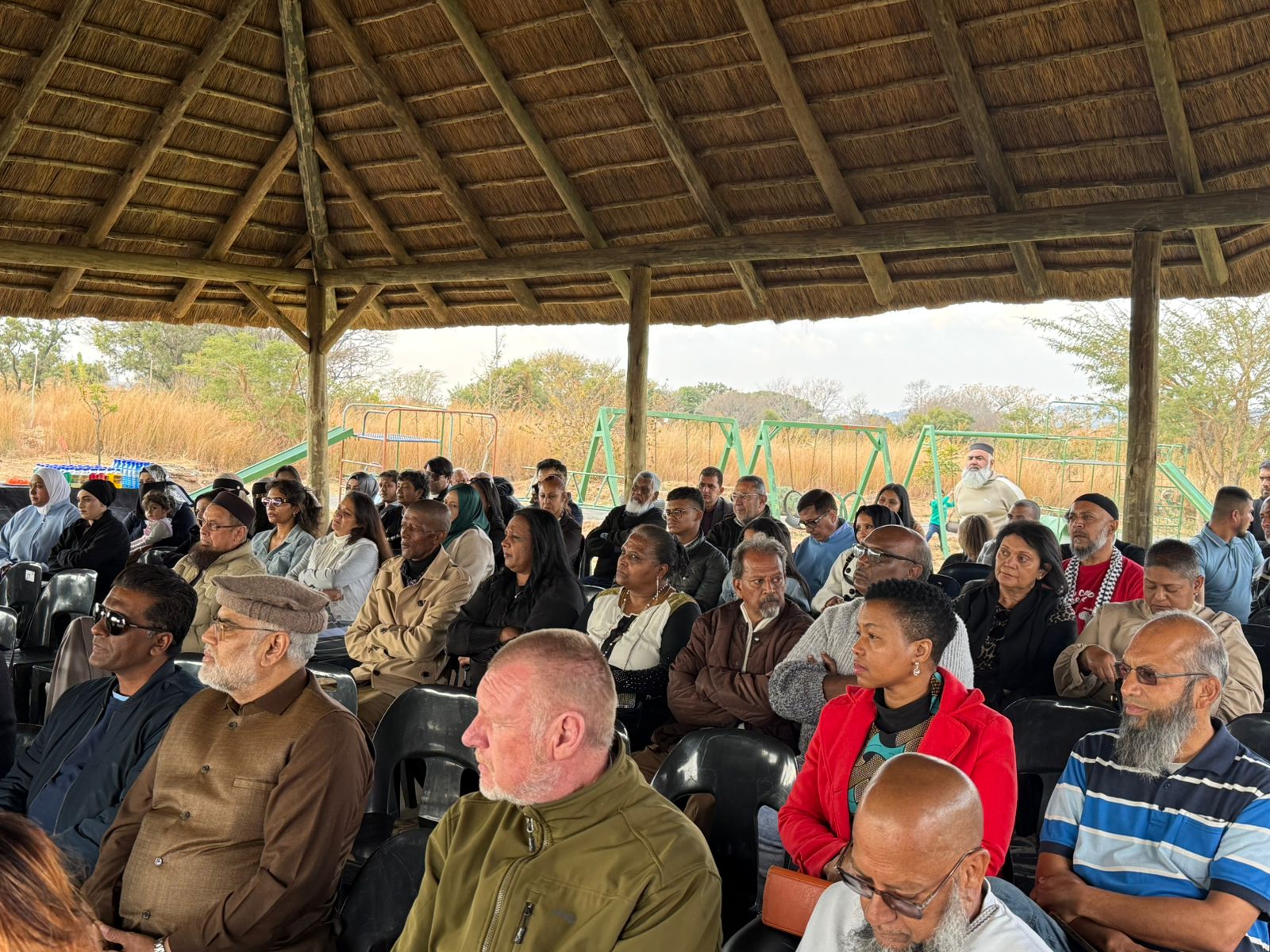Nurturing Communities
Empowering Lives
Fostering Unity
Inspiring Change
A landmark event saw community members, diplomats, and activists unite in Pretoria to celebrate the birth of a movement driven by compassion, equity, and action.
In a stirring event that brought together dignitaries, activists, and members of the public, the Naeem Patel Foundation was officially launched in Pretoria last weekend, marking the beginning of a bold new chapter in grassroots social empowerment and inclusive nation-building in South Africa.
Hosted under the theme “Nurturing Communities, Empowering Lives,” the event was a seamless blend of heartfelt tributes, compelling speeches, and purposeful action. From its very outset, it was clear that the Naeem Patel Foundation is not just another non-profit—it's a movement grounded in justice, unity, and humanity.
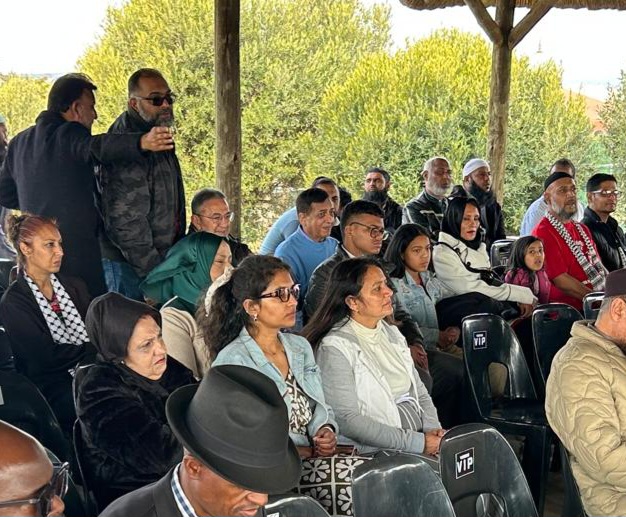
The program, led by MC Zahraa Patel, began with an opening prayer and warm words of welcome from Shaheen Wahab. What followed was an emotional keynote by Naeem Patel himself, whose address drew attention to the rising tide of xenophobia, persistent inequality, and the disconnect between global advocacy and local realities.
“We’ve stood in solidarity with Palestine, advocating for humanitarian rights, but locally, we don’t practice what we promote,” said Patel. “We forget our forefathers were once immigrants too. We must do better.”
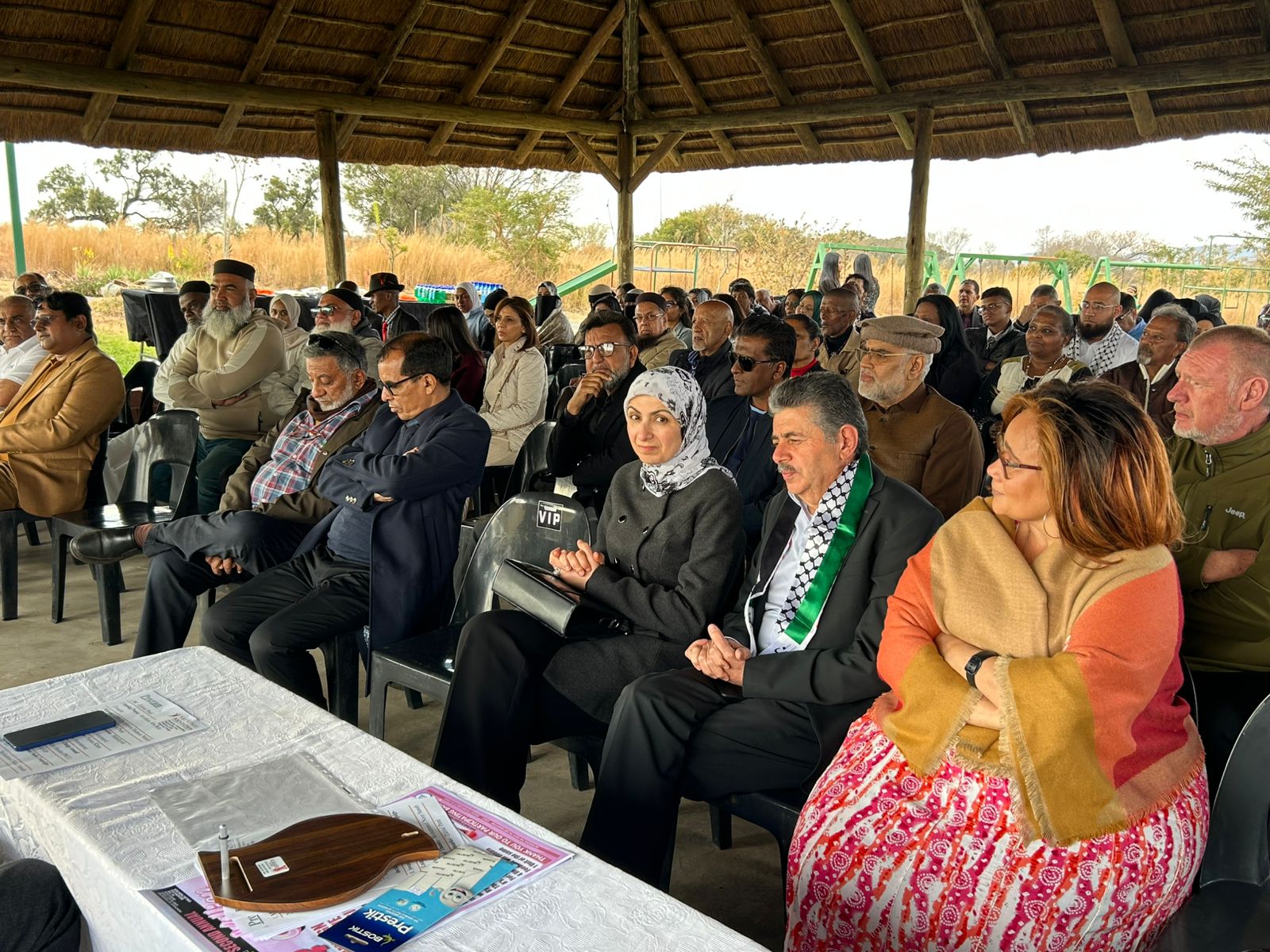
Patel emphasized the contributions of post-1994 foreign communities to South Africa’s social and economic fabric and called for an end to scapegoating and discrimination. He also shared the values instilled in him by his parents, underscoring the Foundation’s commitment to serving with empathy and integrity.
The Foundation’s 10 focus areas—ranging from education and healthcare to nation-building and economic empowerment—were laid out in detail, reflecting an ambitious yet grounded vision for societal upliftment. Central to the Foundation’s ethos is the mantra: “We don’t just serve. We stand with communities.”
A deeply moving segment of the event was dedicated to honoring the late Imtiaz Fulat, grandson of the late Haffejee Fulat, a lifelong advocate for Palestinian solidarity and social justice. The South African Friends of Palestine (SAFOP) presented an award in his memory, with Naeem Patel recalling their bond that stretched back to nursery school.
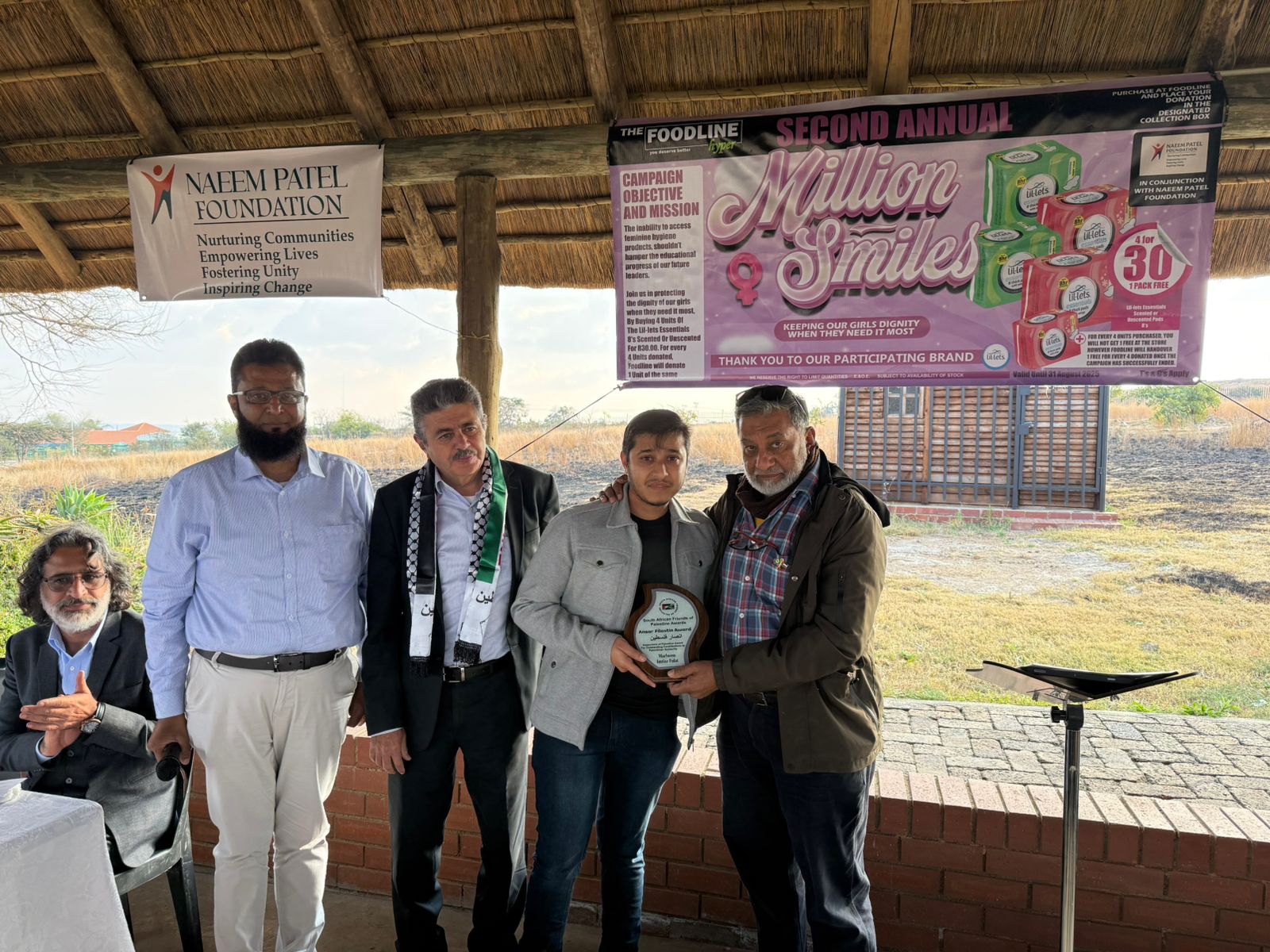
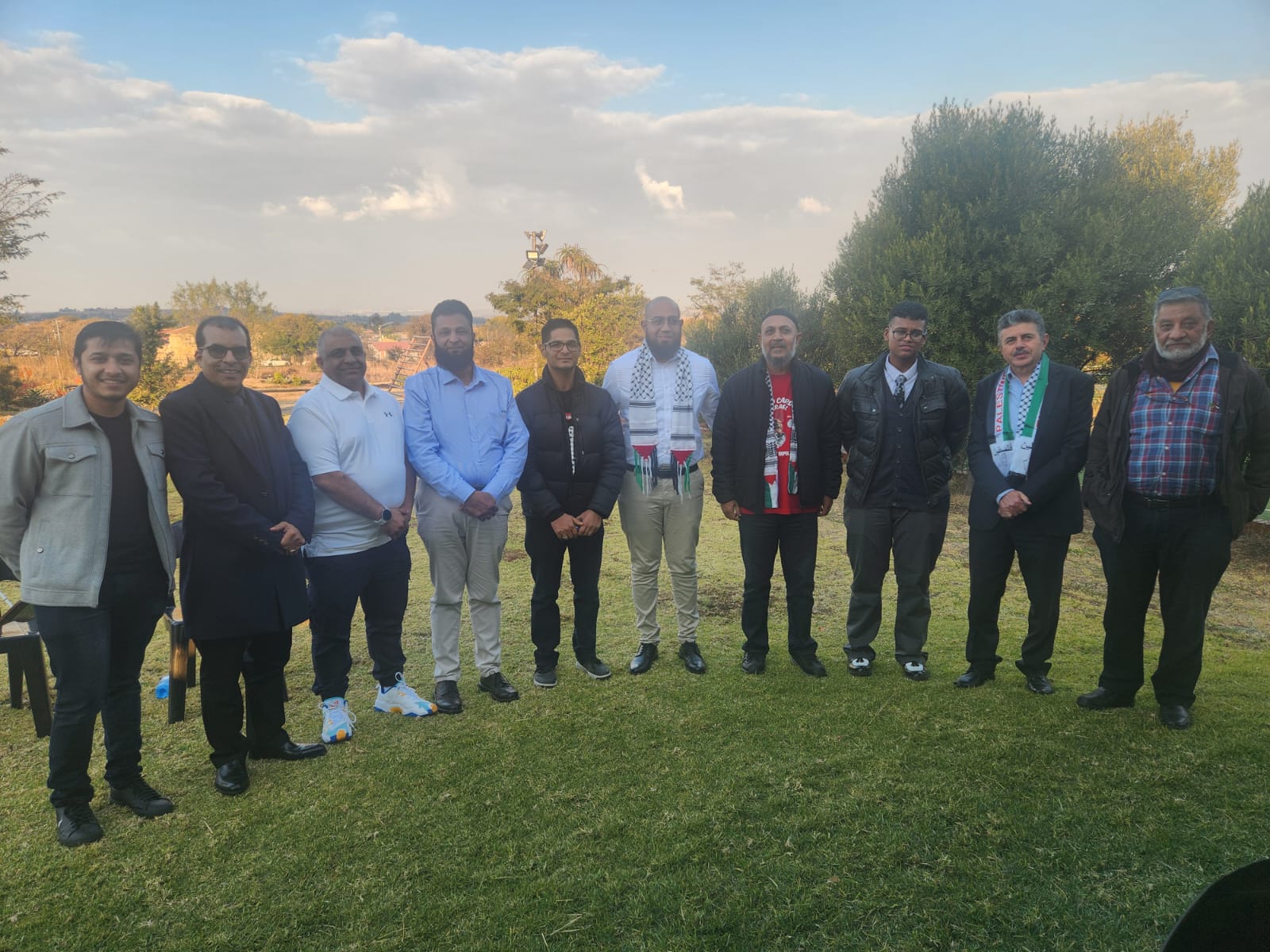
“He was a gentle soul who cared deeply for people,” Patel shared. “He would wake up in tears, burdened by the suffering of the Palestinian people. His commitment to justice was unwavering.”
The launch also saw the return of the Million Smiles Campaign, a partnership between Foodline Hyper and the Naeem Patel Foundation aimed at addressing menstrual health among schoolgirls. With an initial donation drive already yielding over 13,000 sanitary pad packets in its inaugural year, the campaign now hopes to reach 800 girls—ensuring that no young girl misses school due to lack of access to feminine hygiene products.
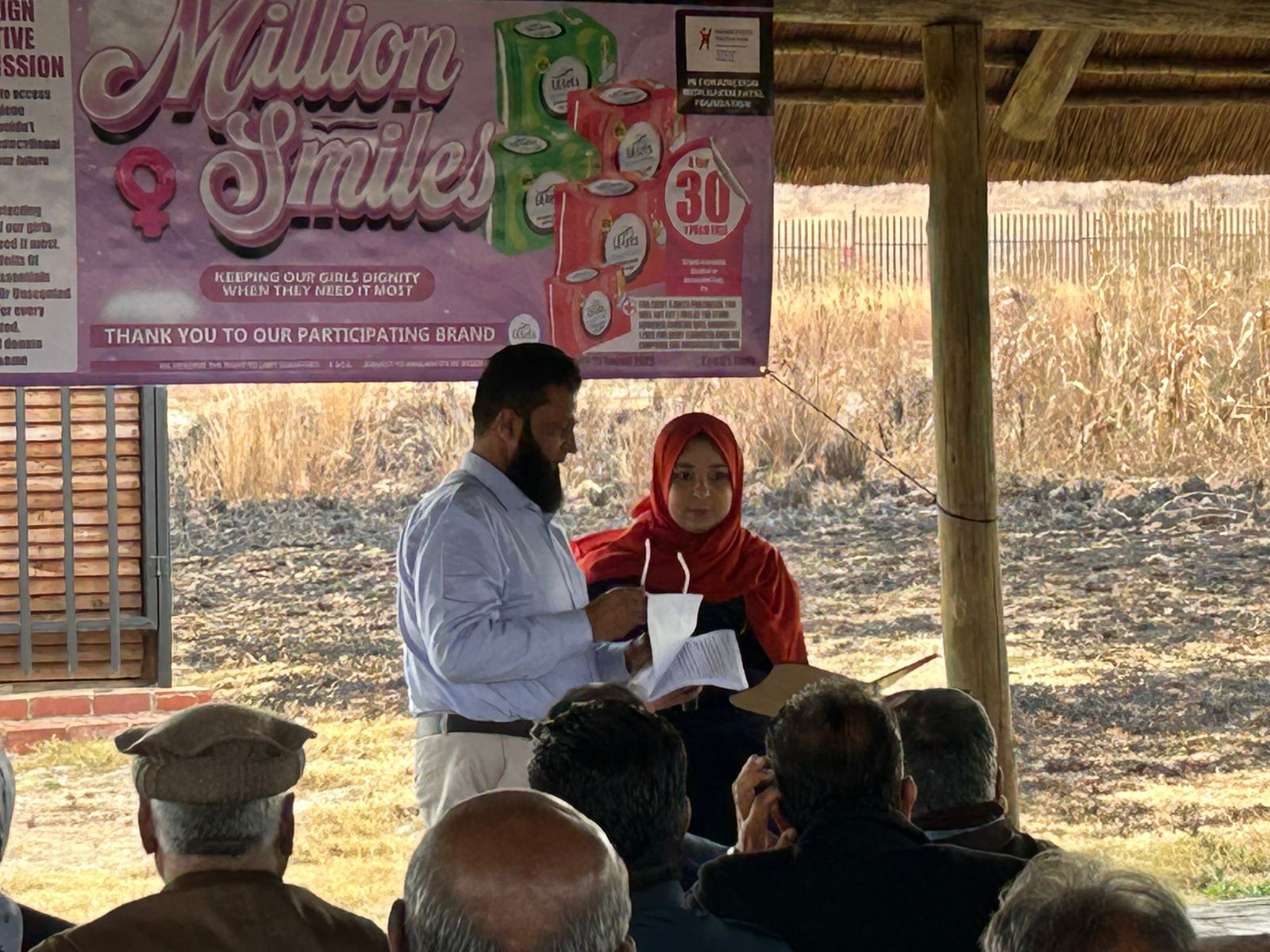
“Menstruation should never be a barrier to education,” said Patel. “Together, we can help our girls thrive with dignity.”
The campaign’s success is attributed to strong community support, local school collaborations, and the continued dedication of Foodline Hyper and its co-founder, Yasser Ahmed Khamissa.
Among the notable guests in attendance were the Deputy Ambassador of Palestine, Ambassador of Western Sahrawi, and the Chairperson of the South African Communist Party (SACP) in Tshwane. Councillor Innocent Thabatha and Pro Palestinian activists known as 'The Loftus Five'.
Speeches by Mahdiyyah Patel, Fayaaz Khan of the Pakistan South Africa Association, and Zulekha Hassim, a lead strategist in the Presidential Infrastructure Coordinating Commission Council, added rich insight into the foundation’s vision and strategy for catalytic social change.
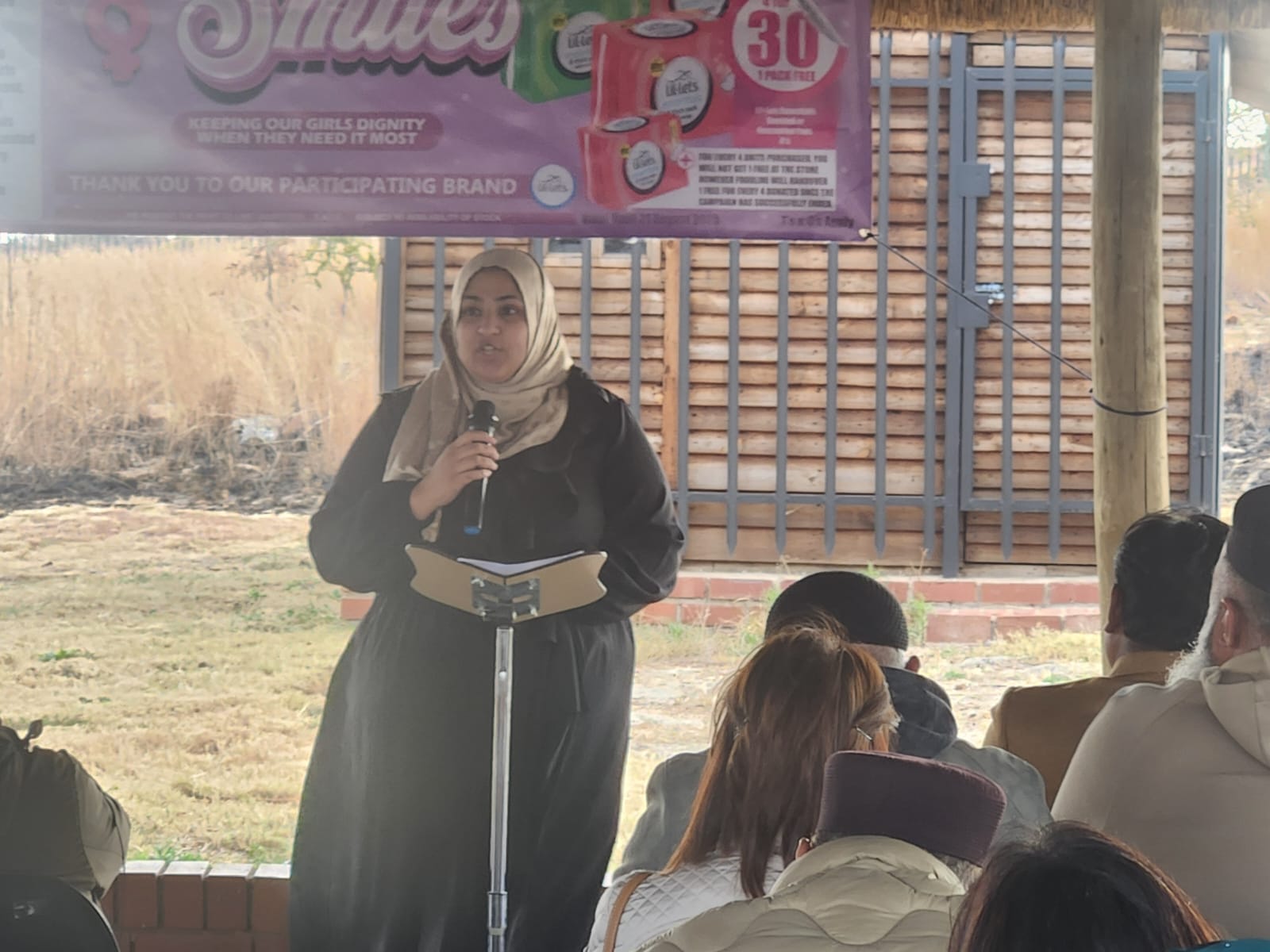
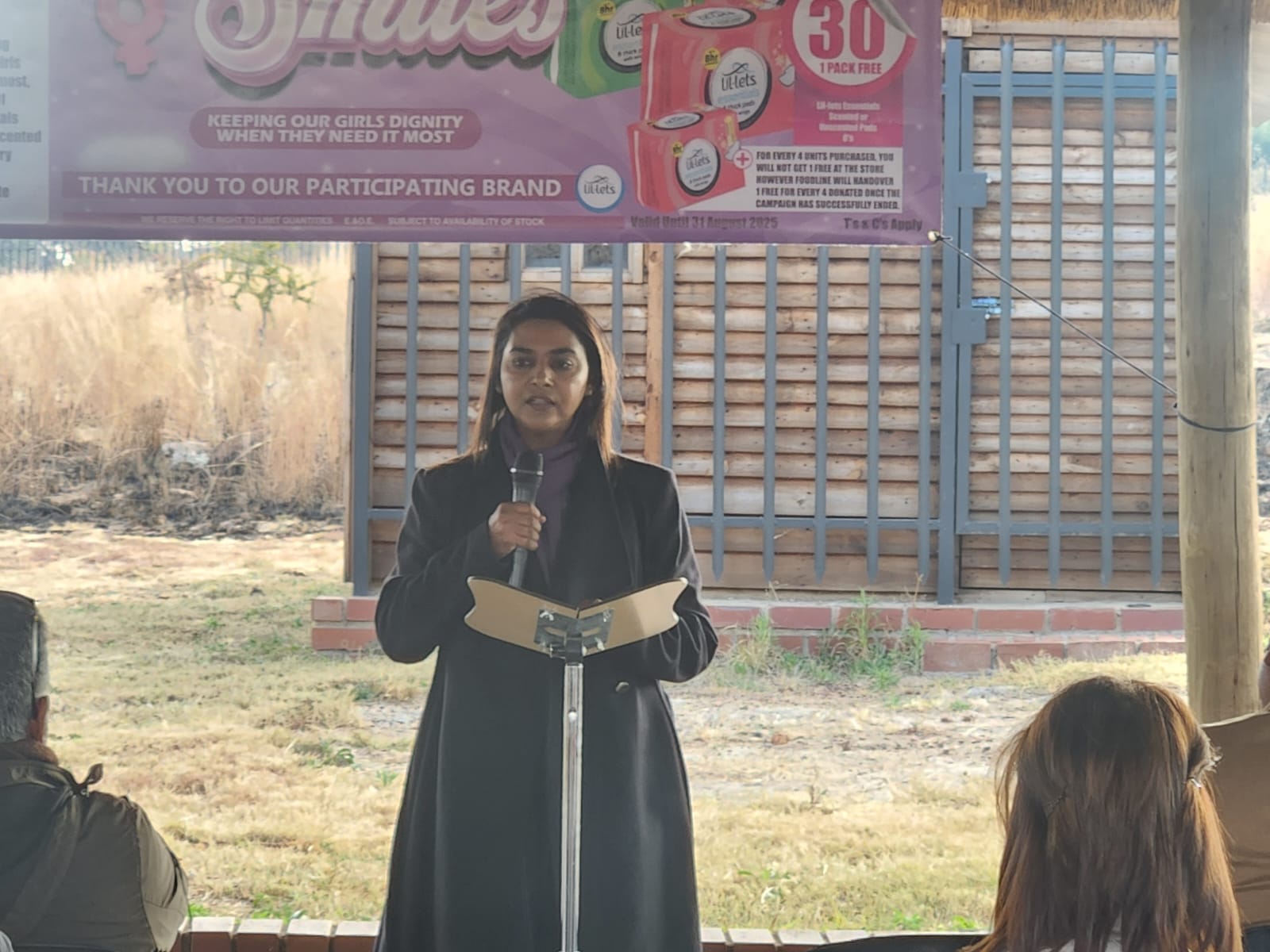
The launch concluded with a vote of thanks by Zahid Zaman and a closing prayer.
The Naeem Patel Foundation is poised to become a beacon of hope for countless South Africans and foreign nationals alike. It promises not just services—but solidarity. Not just charity—but justice. And above all, it offers a reminder that when communities come together, meaningful change is not just possible—it’s inevitable.
